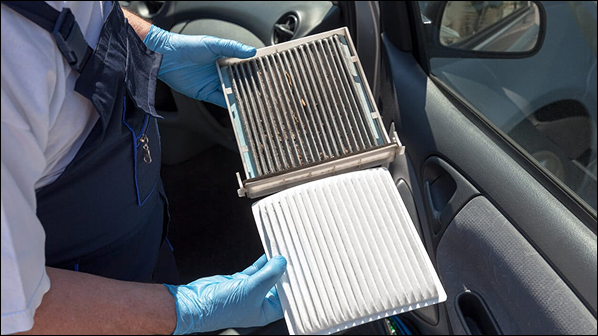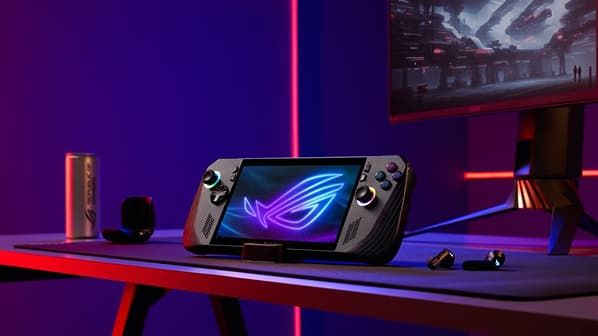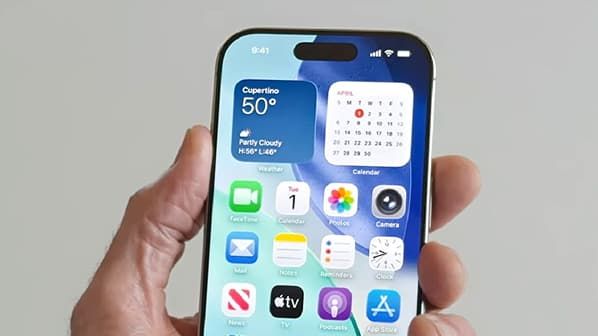In recent years, it has not been uncommon to notice new cars coming out without the conventional metal keys. Many cars now come equipped with key fobs, smartphone apps, or completely keyless entry and ignition systems. The change may be unsettling to some motorists, but the decline of centrality of old-school keys is a deliberate and multi-faceted evolution of auto technology, convenience, and security.
A Brief Guide to Construction Jobs

The Rise of Keyless Technologies
At its most basic, the move away from mechanical car keys is motivated by the auto industry’s desire for greater convenience. Modern cars now feature technologies like push-button ignition, proximity sensors, and wireless signal detection so that drivers do not have to ever remove a physical object from their pockets to unlock and start their cars. The technologies use radio-frequency identification (RFID) or Bluetooth technology to allow a vehicle to automatically authenticate the driver’s key fob or smartphone.
For the majority of users, the benefits are real and immediate. No more will they be fumbling with keys in bad weather, digging around bags, or worrying about losing keys while attempting to shop for groceries. Keyless systems make the entire process of entering and driving a car simpler, and interfacing with daily technology, such as smartphones, makes it even easier. For instance, Tesla’s smartphone app allows owners to unlock their vehicles or allow others to enter them remotely—a innovation that has, in essence, made “sharing a spare key” obsolete.
Security Enhancements or New Risks?
Keyless technology stands out as a main reason people discard standard keys through its potential security advantages. Car keys as physical tools face the dangers of theft or loss and duplication. In contrast, keyless systems tend to be encrypted and harder to replicate, requiring advanced hacking techniques to decipher. Manufacturers have done everything they can to design protections such as rolling-code encryption, which changes the car’s access code with each use of the key fob, making it virtually impossible for thieves to record and duplicate the signal.
This technical development introduces a new generation of security challenges. Cybersecurity specialists have pointed out that poorly executed keyless systems can remain susceptible to “relay attacks,” a type of hacking in which thieves intercept and relay the fob’s wireless signal to unlock and drive the vehicle. While automotive companies are continuously refining encryption methods and shielding signals to neutralize such weaknesses, the growing dependence on wireless technology has introduced a layer of digital security that needs to be carefully managed.
Cost Considerations
The second reason why the traditional key is on the decrease is the shifted economics of producing cars. Building a physical mechanical key with lock assembly requires greater material and machine cost than planting digital keyless systems during assembly. Car companies are driven to save cost but still provide best-of-class amenities to consumers, and keyless entry systems are found to be a sweet spot to provide the consumer perceived value at low cost of production expense.
This doesn’t necessarily translate to keyless systems being “affordable” to repair. For customers, misplacing a modern-day key fob or smartphone access often involves greater replacement and reprogramming expenses than replacing a conventional key. But for the manufacturers, the prospect of saving on mechanical complexity at the factory and focusing on software solutions has grown an increasingly attractive cost option.
Technology Integration
The automotive industry’s overall transition toward technological integration directly motivates car manufacturers to adopt keyless systems. Modern cars exist as interconnected devices because they perform communication functions with smartphones as well as smart home devices and cloud-based services. Keyless systems make a perfect addition to this interconnected ecosystem because they enable vehicles to communicate effectively with other connected devices.
For example, BMW’s Digital Key allows one to employ the smartphone as a key and even transfer access to someone else using their mobile phone. Hyundai and Kia have introduced NFC (near-field communication) cards and apps that function as substitutes for keys. These solutions signify an era where cars are no longer constrained by physical keys but instead by a network of digital permissions that lead to a connected and personalized driving experience.


Guess you like
-

Revolutionary Educational Tools to Help Students Catch Up on Schoolwork
-

How Often Should You Clean Your Car’s Air Conditioning System?
-

Smart and Affordable Elevator Choices for Homeowners
-

6 Accessories to Deliver the Best Gaming Experience
-

6 Actual Ways to Accelerate Your Windows PC
-

Best Hardware for AAA Gaming Across the Generations
Trending
-
 1
1A Smarter Way to Surf the Web with ChatGPT Atlas
-
 2
25 Apps Using Apple Intelligence to Transform Your Daily Life
-
 3
3Five AirPods Features That Make Everyday Listening Smarter and More Seamless
-
 4
4Battlefield 6 Beginner Tips for Winning Fights and Surviving Each Mode
-
 5
5Your Chatbot AIs Could Soon Determine What You View on Facebook and Instagram
-
 6
6How Seam Sealer Quietly Keeps Your Car Alive


